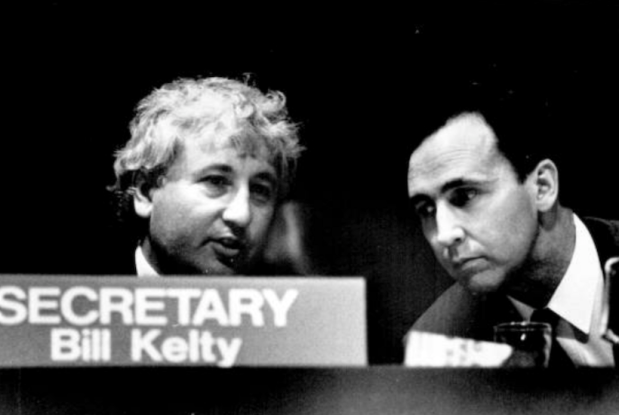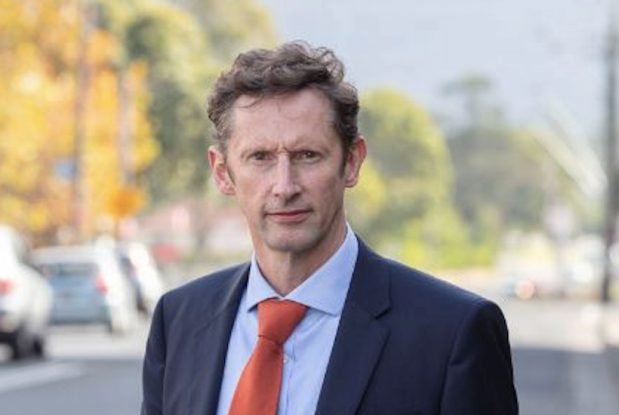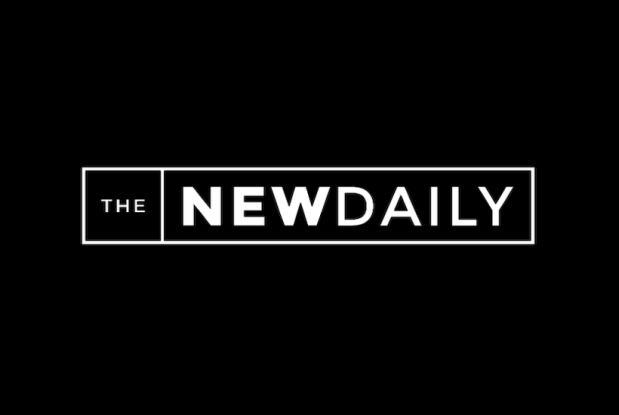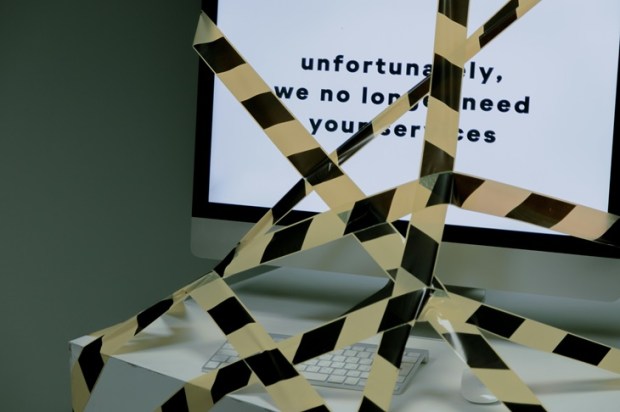Sir Robert Menzies said in 1949, “The best people in this community are … those who by thrift and self-sacrifice, establish homes and bring up families and add to the national pool of savings, and hope someday to sit under their own vine and fig tree, owing nothing to anybody.”
Little did Menzies know then that some 43 years later all Australians would be made to add to the national pool by contributing a percentage of their wages.
It was a good idea at the time but sadly for the past 30 years, its execution has been poor.
The system has become too...
Already a subscriber? Log in
Subscribe for just $2 a week
Try a month of The Spectator Australia absolutely free and without commitment. Not only that but – if you choose to continue – you’ll pay just $2 a week for your first year.
- Unlimited access to spectator.com.au and app
- The weekly edition on the Spectator Australia app
- Spectator podcasts and newsletters
- Full access to spectator.co.uk


























Comments
Don't miss out
Join the conversation with other Spectator Australia readers. Subscribe to leave a comment.
SUBSCRIBEAlready a subscriber? Log in